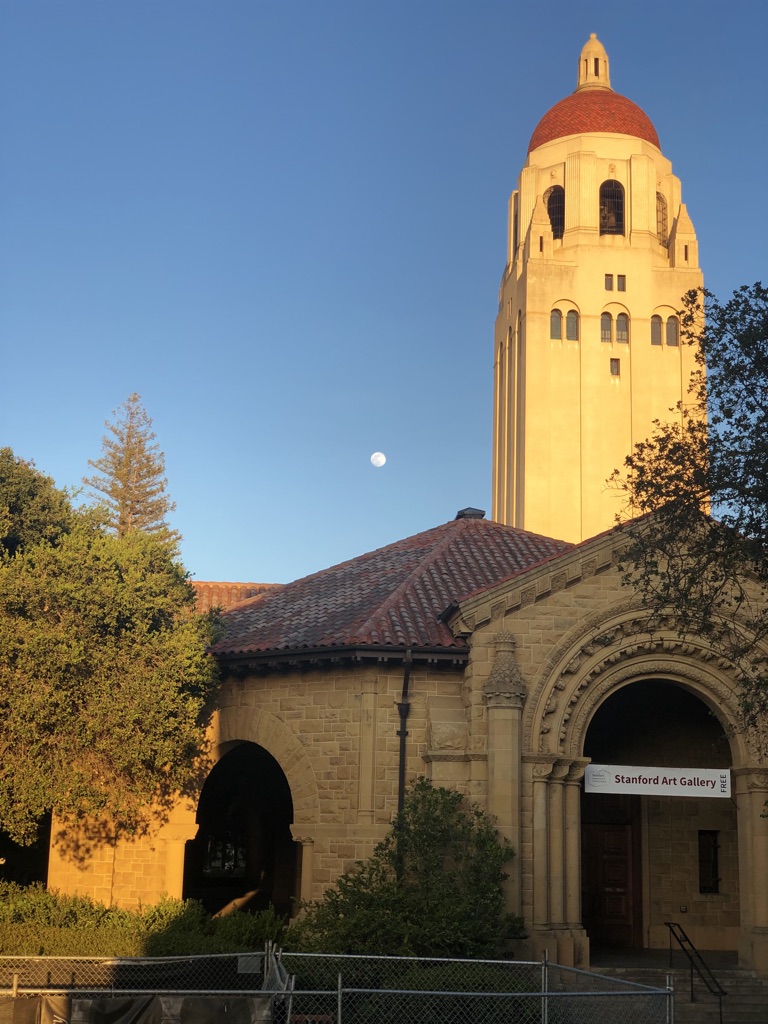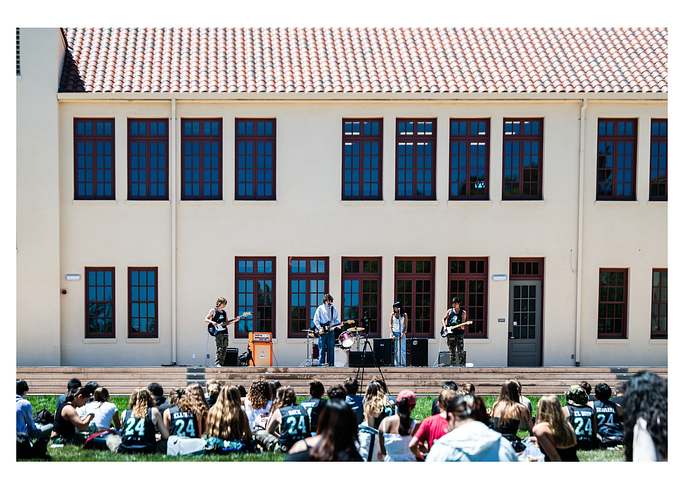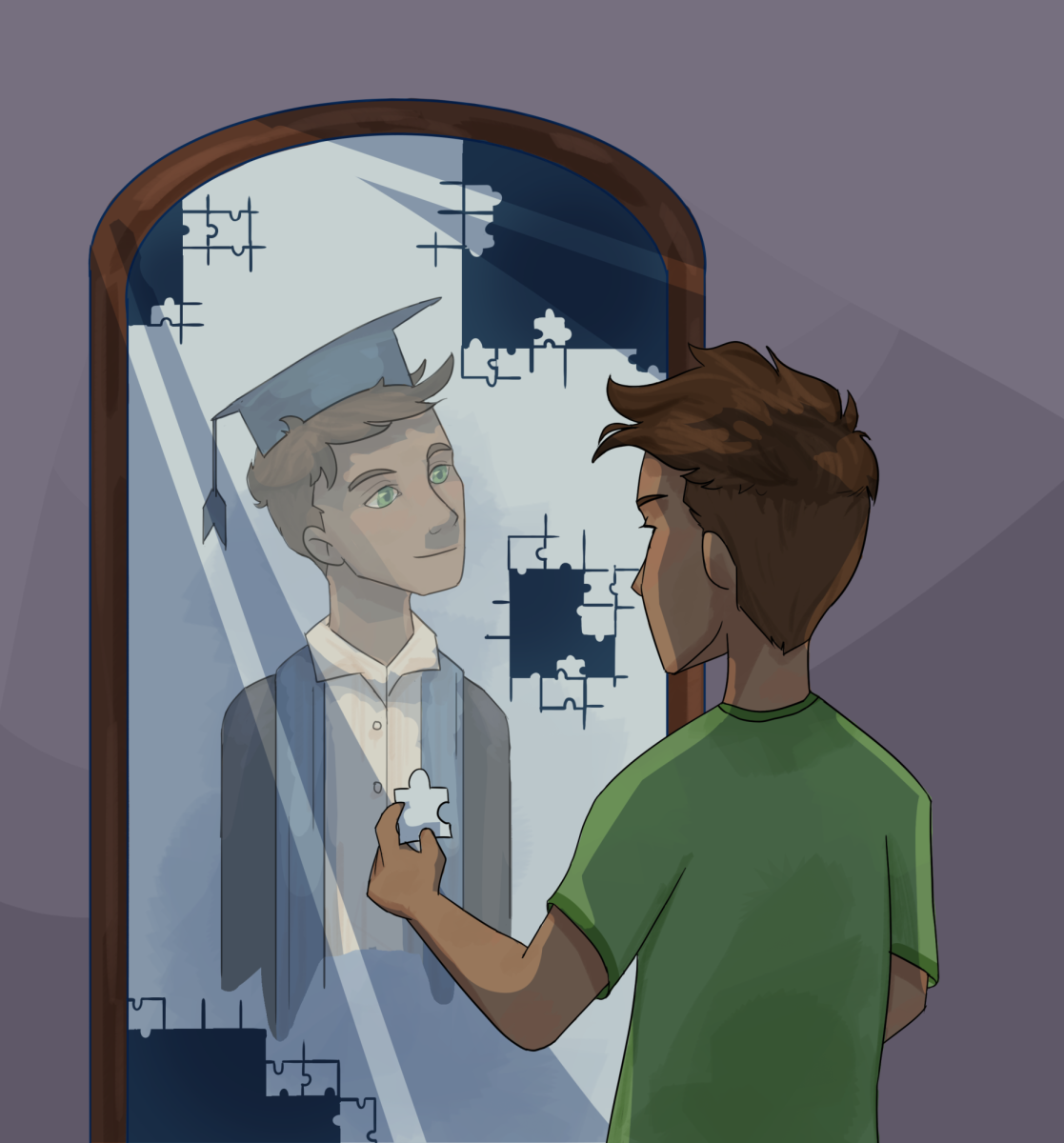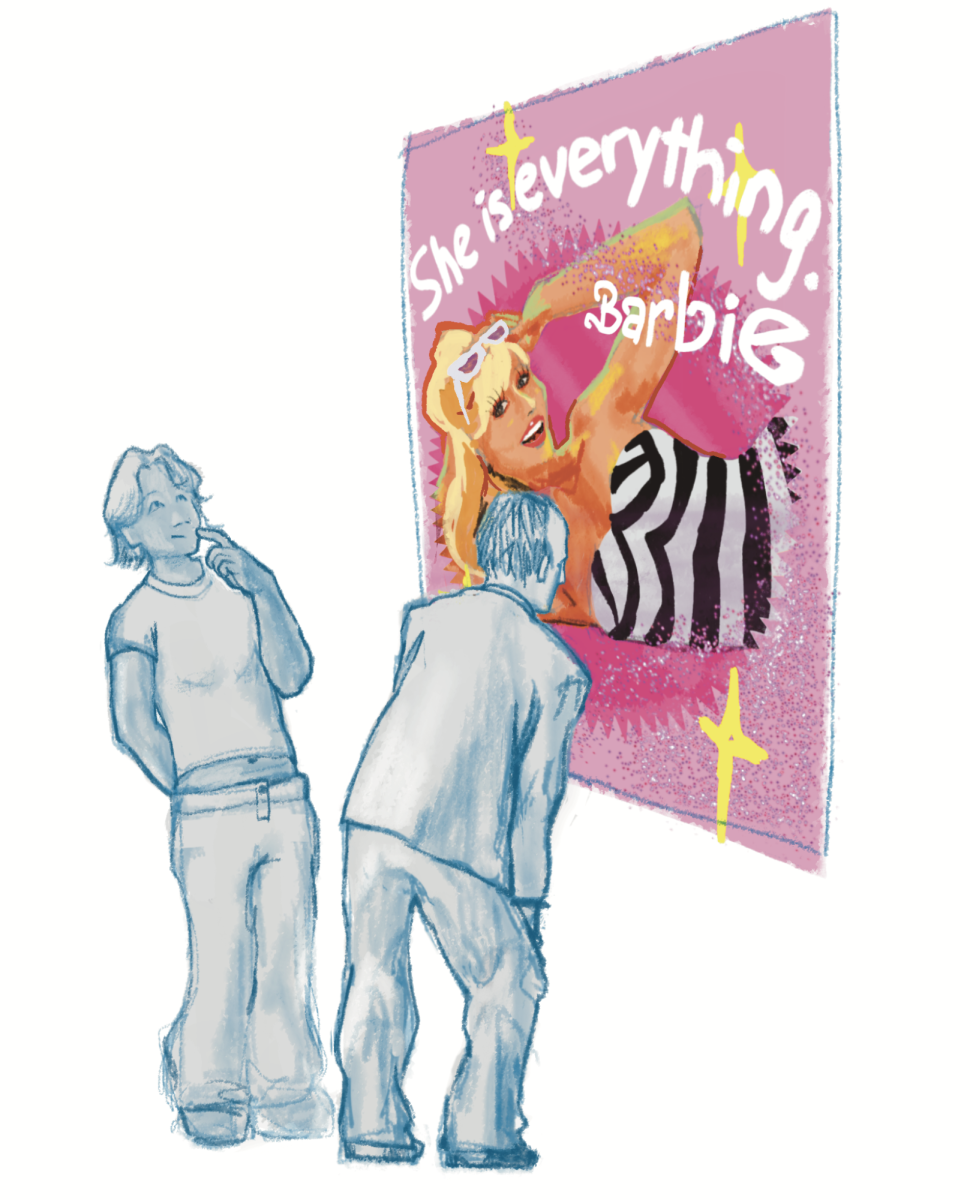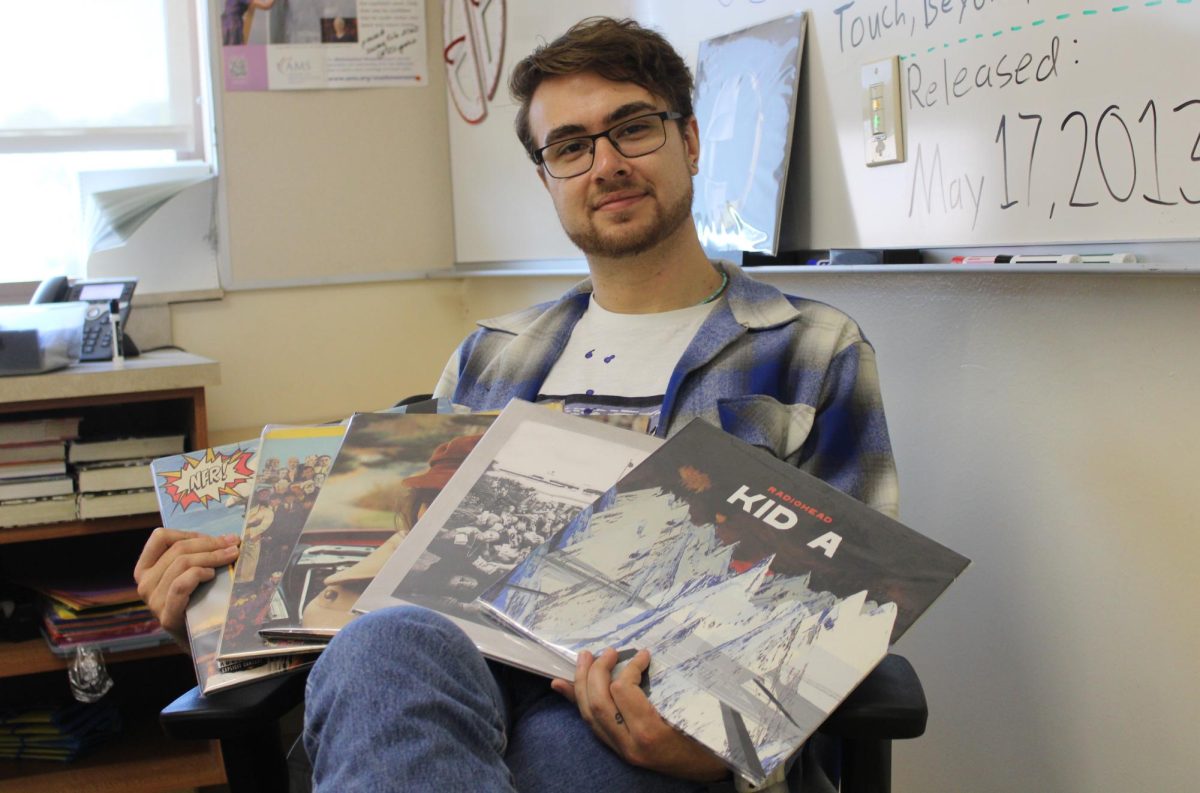In my second semester of junior year, my parents suggested that I look into pre-college summer programs.
“It’ll be a great way to get a taste of what college is like,” they said.
I was grateful for my parents’ support in my college application preparation and agreed that it would be a great opportunity to understand the responsibilities of college life that I couldn’t imagine finding any other way. So, I ended up in a six-week program that earned me four credits, all for $15,000.
As a high school student, I have limited experience with finances and little understanding of expenses. However, even I understood that this was a large investment. When I decided to commit to my acceptance, I was given the great responsibility of making the program’s tuition worth it.
As the weeks of the program progressed, I developed a stable routine. The jet lag that once devoured me finally crept away, and I got used to my early morning walks, during which I was blinded by the sun and overwhelmed by the summer humidity of the east coast.
Each year, America’s elite universities take in millions of dollars from thousands of families who send their children to pre-college education programs. In competitive academic environments, these programs have become a normal investment. But are they worth the money, or are we all just victims of the college admissions rat race?
In the program, I studied consumerism. My peers and I spent hours discussing the words of Karl Marx and Emile Zola, prominent observers of consumer behavior in the 19th Century. Other times, we observed modern-day consumer spaces, taking note of the architectural designs of stores or employee behavior.
Prior to the course, I was conflicted by my high school learning environment. School always reinforced the importance of collaboration and emotional intelligence, but how good was collaboration if my peers and I were so like-minded?
I wanted a contradiction. I wanted someone to disagree with me and bring forth a new perspective. I was tired of the frequent response of “I was just thinking that!” or “I totally agree.”
In my summer program, being in a diverse classroom meant that everyone had different opinions and knowledge based on their pasts. While some students were exchange students from Asia and Europe, others grew up in the Midwest or the South; I was one of only two students from California. Because of this diversity, I learned about collaboration in its full effect. Each person brought something different to the discussion table, and sometimes their remarks were so alien to me that they left me speechless. I credit these students for giving me hundreds of new things to learn.
When I wasn’t in the classroom, my friends and I spent our days walking around and discovering the never-ending wonders of our surrounding city.
We followed a similar routine at night, finding a new restaurant and drifting towards the park afterward. Our shared living space forced us to become close friends within the span of a week, we discovered a newfound freedom over our lives and the responsibility that came with it.
I realized then that we were investors in the experience. Each of us had applied to the program with the intent of learning, but the academic aspect of the program was worth only half of what we were paying for. The experience of meeting new people, observing a new environment, and discovering self-identity was the other half.
I like to think of it as a middle ground between school and vacation. Yes, I could go on a six-week vacation in some foreign country to discover a new environment, but without the responsibilities of daily life, I would never be able to truly apply myself to the new environment.
But if I immerse myself in a purely academic environment, I wouldn’t discover what life is like in a new place: we might as well just learn the same material in the comfort of our own homes.
This middle ground between academic and social immersion is what my parents invested in when they sent me across the country. I don’t know if my experience was worth the cost, but then again, the cost is not the only way of measuring value, especially when it comes to experience.
After all, any investment, physical or not, is ultimately made for the experience; we buy a product hoping it will provide us with an exciting experience, immerse ourselves in movies and books for the emotional experience they bring, and go to pre-college programs to experience what our futures could be like.
We are all investors of experience.



